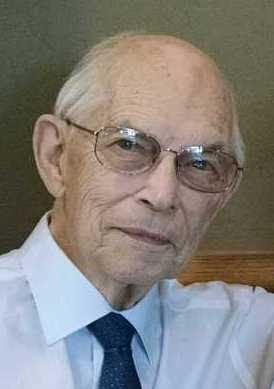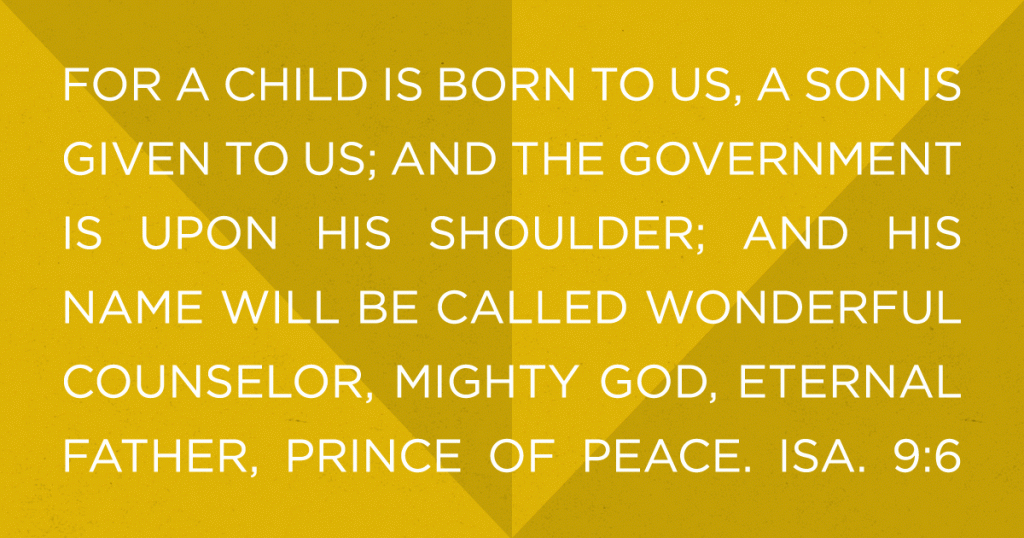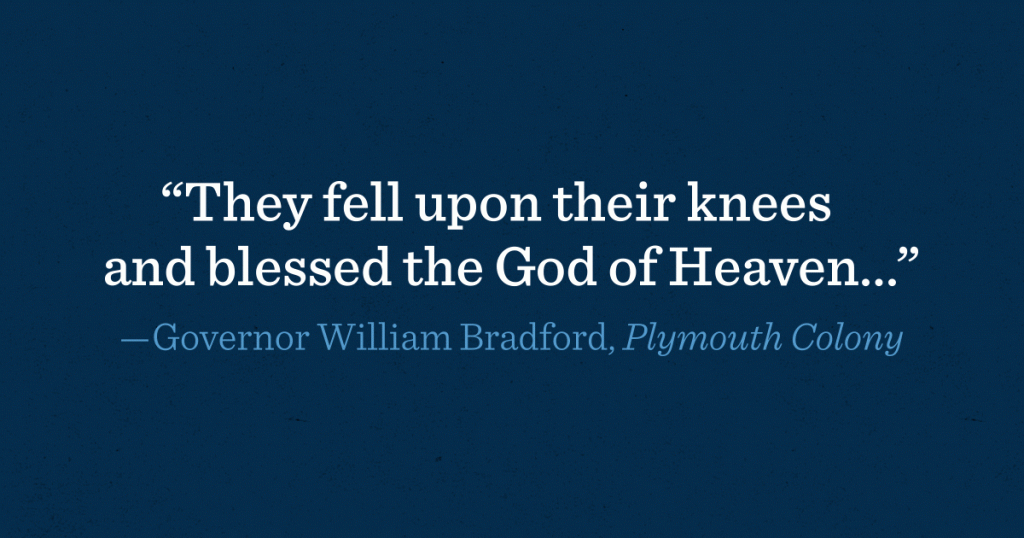December 09 2019
Have you ever stopped to think about the deeper meaning of the birth of Jesus Christ? Although many people, even unbelievers, have heard the story of Jesus’ birth, its real significance may be missed because of that familiarity with the “story” aspect.
The birth of Jesus Christ—a momentous event
The birth of Christ was not the ordinary birth of an ordinary man. It was the birth of the most unique Person in history. The birth of Jesus Christ was the incarnation of God Himself. In other words, the very God became a man. The significance of this is profound and will take all eternity for us to appreciate. The conception and birth of Jesus Christ was the mingling of God with humanity. Such a thing had never occurred before.
John 1:14 says that the Word, the eternal God Himself, became flesh, meaning the man Jesus. When this happened, the eternal God stepped out of eternity into time to become a man of flesh and blood. Jesus Christ was indeed a genuine man, but at the same time, He was God. He is both fully God and fully man.
In this post, we’ll use verses and notes from the Recovery Version to get a glimpse into the deep significance of Jesus’ birth to strengthen our appreciation of our dear Savior God.
The mysterious birth of Jesus was prophesied in the Old Testament.
About 700 years before Christ, the prophet Isaiah prophesied concerning the Jesus’ birth, saying in Isaiah 7:14,
“The Lord Himself will give you a sign: Behold, the virgin will conceive and will bear a son, and she will call his name Immanuel.”
This prophecy was fulfilled in Christ’s birth—a son, born through divine conception in a virgin, without a human father. He was to be called Immanuel, which means “God with us.” This son born of a human virgin was the very God with us.
A couple of chapters later, Isaiah prophesied about the birth of Jesus again, saying in Isaiah 9:6:
“For a child is born to us, / A Son is given to us…/ And His name will be called / Wonderful Counselor, Mighty God, Eternal Father, Prince of Peace.”
Note 1 on this verse in the Recovery Version opens a window into what it means for Christ to be both a child and the Mighty God, a Son given to us, and the Eternal Father.
“The child born of a human virgin is the Son given by the eternal Father. Christ is the child born of both the divine and human natures (Matt.1:20-23) and He is also the Son in the divine nature given by the eternal Father. Through the birth of the divine-human child, the Eternal Father gave us His divine Son as a gift. Through such a giving, everyone who believes in, i.e., receives, this dear Son receives eternal life (John 3:16; 1 John 5:11-12).”
The mysterious birth of Jesus was fulfilled in the New Testament.
The New Testament provides us a record of the actual events surrounding Christ’s birth. Through this record we can appreciate the step God took to give us His dear Son to us to be our Savior and our life.
Matthew 1:18 tells us how this virgin birth came about.
“Now the origin of Jesus Christ was in this way: His mother, Mary, after she had been engaged to Joseph, before they came together, was found to be with child of the Holy Spirit.”
Note 1 on this verse explains what this phrase “of the Holy Spirit” means regarding Christ.
“Although Christ was born of Mary (v. 16), He was a child of the Holy Spirit. The birth of Christ was directly of the Holy Spirit (v. 20). His source was the Holy Spirit and His element was divine. Through the virgin Mary He put on flesh and blood, the human nature, taking the likeness of the flesh (Rom. 8:3), the likeness of men (Phil. 2:7).”
Then, in Matthew 1:20, an angel of the Lord visited Joseph to assure him of this divine fact.
“But while he pondered these things, behold, an angel of the Lord appeared to him in a dream, saying, Joseph, son of David, do not be afraid to take Mary your wife, for that which has been begotten in her is of the Holy Spirit.”
The first note on this verse points out what God revealed about Christ in His assurance to Joseph.
“God was first born into Mary through His Spirit; after the conception was completed, He, with the human nature, was born to be a God-man, possessing both divinity and humanity. This is the origin of Christ.”
Many years later, in recounting this mysterious story, the aged apostle John made these profound statements in John 1:1 and 14:
“In the beginning was the Word, and the Word was with God, and the Word was God.”
“And the Word became flesh.”
The words from these two verses, simple, yet profound, indicate clearly that the Word was God from eternity, and that the Word—God—became flesh in time.
Note 2 on verse 14 speaks further about what this means.
“Romans 8:3 indicates that although this flesh was the flesh of sin, it had only the likeness of the flesh of sin and did not have the sin of the flesh. It is the Word who became such flesh, and this Word was God, the complete Triune God (v. 1). That the Word became flesh means that the Triune God became a man of flesh in the likeness of a sinful man. By so doing God entered into sinful man and became one with sinful man. However, He had only the likeness of a sinful man and not the sin of a sinful man. Hence, He was a sinless God-man, the complete God and the perfect man, having two natures, the divine nature and the human nature.”
How does the truth regarding Christ’s birth affect us today?
Firstly, to be a genuine Christian, we must believe that Jesus Christ is more than a holy man, a prophet, or a martyr. He is the complete, eternal God come in the flesh. This is a basic item of the Christian faith.
As Christians, by prayerfully considering the Bible, especially the verses covered in this post, we can gain a deeper appreciation for the birth of Jesus Christ. God did not save us by somehow reaching down from the heavens in an objective way. The unapproachable God Himself became an approachable, contactable, knowable man. What a mysterious and yet wondrous fact! Our God became a man, experiencing everything of human life and living a perfect, sinless human life. And eventually, He went in His body of flesh and blood to die on the cross for us!
Through His incarnation, God was expressed in a man, Jesus Christ, in the flesh. Jesus, who was born in the manger, fully expressed the very God in all His rich being and Person to mankind. God’s love, mercy, righteousness, holiness, compassion, and glory were and still are expressed in the humanity of Christ.
By believing into the Lord Jesus Christ, we are saved and receive Jesus—the one who lived a perfect human life that expressed the true God—as our Savior and our life.
If you’ve never done so before, you can receive Him right now by praying this prayer.
“Lord Jesus, I believe that You are both the complete God and a perfect man. Thank You for being born with our humanity and becoming a real and genuine man with both divinity and humanity. Thank You for dying for my sins. Lord, I receive You right now. Thank You for coming into me to be my life. Lord, live out in me Your wonderful life that expresses God.”
View and Share





